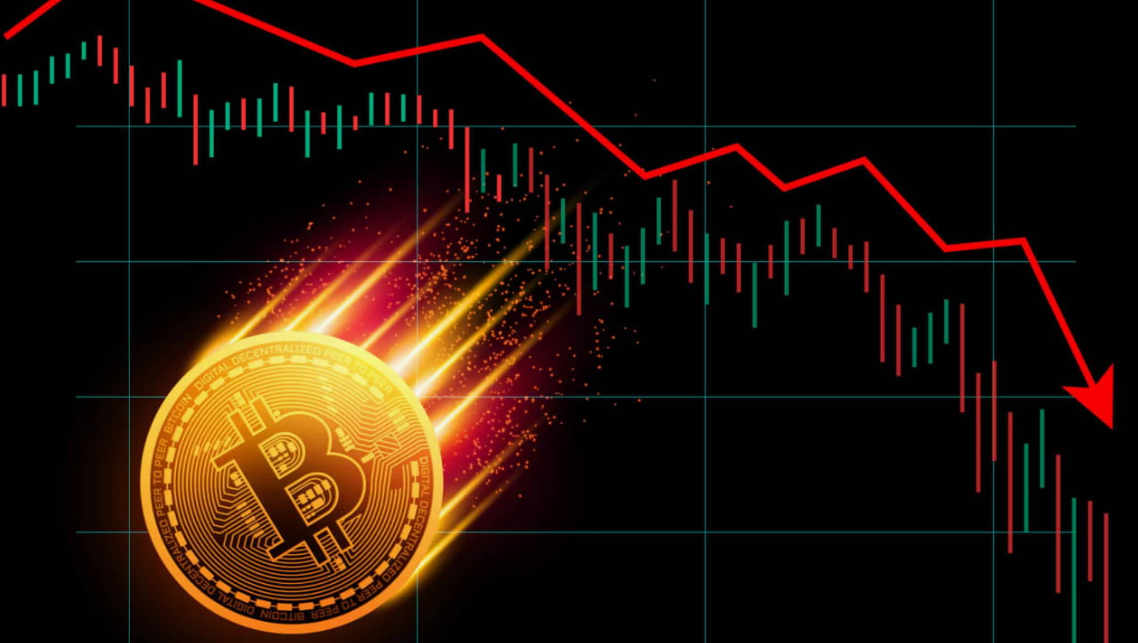Market volatility can be like a rollercoaster ride – thrilling but nerve-wracking for traders. These days, both commodities and forex markets are buzzing with unpredictable movements, and it’s impacting investment strategies, risk management, and even daily trading decisions. So what’s behind all this turbulence? And how does it affect our trading game? Let’s dive in for a closer look and see how we can navigate this wild ride.
Understanding Market Volatility in Commodities and Forex
When we talk about volatility, we’re talking about the speed and extent of price changes in markets. In commodities and forex, these price swings can come out of nowhere. For traders, volatility is both a challenge and an opportunity. If you can time it right, those price swings could mean profits, but it also means risks are high.
FXpricing, a go-to source for live forex, crypto, and stock data, helps traders stay informed with real-time updates, so they can act fast when market conditions shift. With services like customizable dashboards, market analysis, and integration-ready APIs, FXpricing offers the tools needed to respond to volatility effectively.
Why Are We Seeing Such Volatility in Commodities and Forex?
Let’s break down some key factors driving today’s market volatility. They’re coming from all directions – the global economy, political shifts, and even natural events. Here’s what’s at play:
1. Economic Uncertainty and Inflation
Economic uncertainty and inflation are top contributors to market volatility. When the economy’s uncertain, investors and traders get uneasy, and markets react with heightened fluctuations.
Inflation Pressures
Over the past couple of years, we’ve seen inflation soaring in many economies. Central banks, like the U.S. Federal Reserve, have raised interest rates in response. This can cause big ripples in forex and commodities markets. Higher rates often strengthen a country’s currency (as investors seek better returns), but it also makes borrowing costlier, which impacts the commodity sector, too.
How Does Inflation Impact Commodities?
Rising prices mean the cost of goods like oil, wheat, or copper go up, which can lead to sharp price increases in commodities markets. Traders in commodities markets tend to react quickly, causing prices to spike or dip as they anticipate the next move from the central banks.
2. Geopolitical Tensions and Trade Wars
The global stage can be a minefield for markets, and political events have a huge impact on forex and commodity prices.
Trade Wars and Sanctions
When there are trade tensions between big players like the U.S. and China, it adds pressure on global markets. Tariffs, sanctions, or restrictions on goods impact the flow of commodities like oil or metals and even affect currency pairs tied to those nations. FXpricing provides up-to-the-minute news on these issues, so traders can respond faster to shifts caused by geopolitical tensions.
Currency Value Fluctuations
Political events often lead to sharp moves in forex markets. For example, when a country faces political instability, its currency might lose value quickly as investors pull out to avoid risk. For traders, these can be moments to capitalize on short-term fluctuations – if they have the right data on hand.
3. Supply Chain Disruptions
Supply chain disruptions, especially since COVID-19, have taken center stage. With critical supply lines affected, the availability of commodities has become unpredictable.
Commodities at Risk
Some commodities, like oil and gas, are particularly affected by supply chain issues. If supply suddenly decreases, prices surge – and vice versa. Oil, for instance, saw price spikes due to restrictions on supply during recent years, causing a ripple effect across industries and forex markets where oil-exporting countries’ currencies were impacted. With FXpricing’s real-time data and charts, you can track these changes and make better-informed trading decisions.
4. Currency Policies of Major Economies
Major economies – think the U.S., EU, Japan, and China – have a huge influence over forex markets. When these economies shift their currency policies, the effects can be felt across the globe.
Exchange Rate Manipulation
Sometimes countries will intentionally alter the value of their currency to stay competitive on exports. China, for instance, has been known to make such moves to benefit its exports. When major currencies are manipulated, forex markets experience added volatility, affecting related commodities, too.
5. Technological Advancements and Algorithmic Trading
The rise of algorithmic trading has introduced a new layer of volatility. Computers execute trades at lightning speed based on pre-set algorithms, often amplifying price swings.
Flash Crashes
With algorithmic trading, markets can experience “flash crashes,” where prices drop suddenly before rebounding just as fast. Forex markets see these a lot, and while they may last only a few minutes, they cause significant short-term volatility. Traders using FXpricing’s customizable dashboards and data feeds can stay one step ahead, keeping their strategies adaptable in real time.
6. Seasonal and Natural Events
Weather and seasons can play a surprisingly large role in commodities trading. Hurricanes, droughts, or even unexpected frosts affect commodities like coffee, cotton, and energy.
Natural Disasters
Natural events like earthquakes or hurricanes can cause prices to spike by limiting supply for specific commodities. Forex can also feel the impact, especially when the economies involved are significant global suppliers. With FXpricing’s comprehensive market analysis, traders can prepare for these unpredictable events, responding with better insight.
How Can Traders Manage Volatility?
With all these factors in play, traders need a game plan for managing market volatility. Here’s what can help:
- Stay Informed: Keeping up with the news is essential, and FXpricing’s live market data and analysis can be a great ally.
- Diversify Portfolios: Having a mix of assets can help cushion against unexpected market shifts.
- Use Hedging Strategies: Hedging can offset potential losses by balancing positions across markets.
- Set Stop-Loss Orders: Stop-loss orders are a must to manage risk in volatile times.
Why Choose FXpricing for Real-Time Data?
FXpricing brings value to traders with up-to-the-minute data, analysis, and market insights for forex, commodities, stocks, and even crypto. With FXpricing, you can monitor forex live rates, crypto market trends, and commodities prices in real-time. Their APIs are perfect for integrating data into trading platforms, and their economic calendar lets traders stay on top of major market-moving events.
For traders navigating these volatile times, having access to reliable data and analysis tools like those FXpricing offers can make all the difference in creating profitable strategies and avoiding unnecessary risks.
FAQs
Q: What causes high volatility in commodities markets?
A: Factors like economic policies, geopolitical tensions, and supply chain disruptions play a big role. Commodities are highly sensitive to changes in demand and supply, making them volatile.
Q: How does inflation affect forex markets?
A: Inflation can make a country’s currency stronger or weaker. High inflation can decrease currency value, while higher interest rates in response to inflation may increase it.
Q: Are natural disasters a major cause of volatility?
A: Yes, especially in commodities markets. Natural disasters impact supply, causing prices to spike or drop based on availability.
Q: What’s the advantage of using FXpricing for tracking volatility?
A: FXpricing offers real-time data, economic calendars, and comprehensive analysis that help traders make informed decisions during volatile periods.Q: How can I protect my investments in volatile markets?
A: Diversify your portfolio, use stop-loss orders, and stay informed with reliable data sources like FXpricing to make quick, informed decisions.





